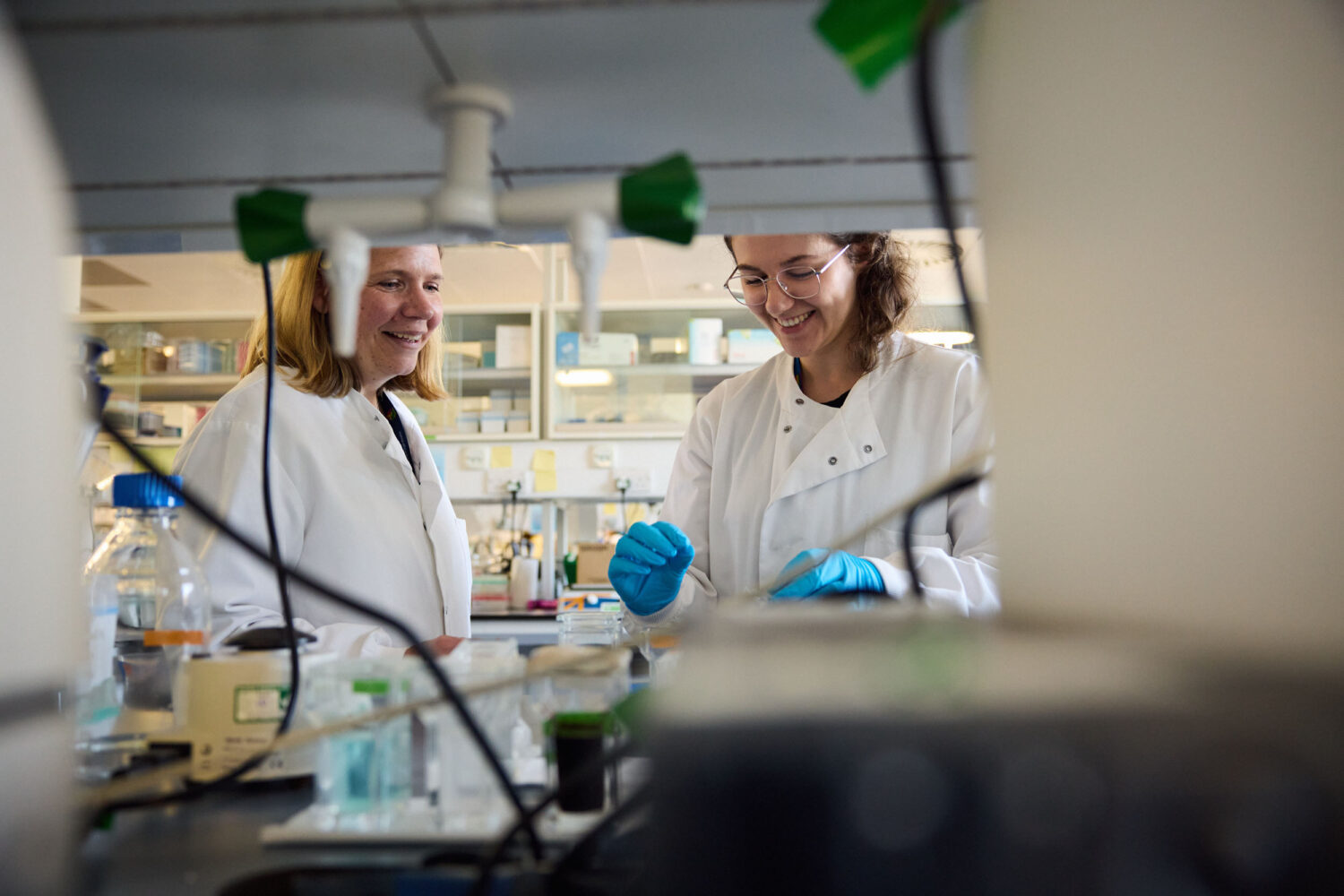Scientists have made a breakthrough in understanding how type 1 diabetes (T1D) affects young children, paving the way for new strategies to prevent or delay T1D and, in time, contribute to a cure.
The study was funded through our £50m Type 1 Diabetes Grand Challenge, a unique partnership between ourselves, Diabetes UK and Breakthrough T1D.
In this groundbreaking research, published in Science Advances, ahead of World Diabetes Day on November 14, Dr Sarah Richardson and her team discovered that T1D can be more aggressive in young children, because of the size of the clusters of insulin-producing cells at the point of diagnosis.
These insights pave the way for new, targeted treatments designed specifically for young children who are living with T1D, or at risk of developing the condition.
Gareth and Joanne Nye’s daughter, Gracie, from Merseyside, was diagnosed with T1D at just 23 months old. Gareth said:
“Gracie’s diagnosis was traumatic for our whole family. In less than 48 hours she went from being a toddler with what we thought was a slight cold, to lying unconscious in a hospital bed with diabetic ketoacidosis (DKA), close to death. We lived in constant fear, setting alarms every two hours to finger prick her at night, worrying if she’d still be with us in the morning.
“Research like this, and the possibilities it holds, will be vital in reducing the number of children diagnosed in critical care, like Gracie. It gives us confidence that one day she could be free from her condition – and that fewer parents and children will have to go through this same experience.”
Steve Morgan said: “We created the Grand Challenge partnership to super-charge research into new treatments and a cure for T1D. We know firsthand that a T1D diagnosis is life changing for a child and their family. We hope this breakthrough research makes a positive difference for many people in the future.”
Find out more
Read the full story on the Grand Challenge website
here, and hear below from one of the researchers behind this important breakthrough:




